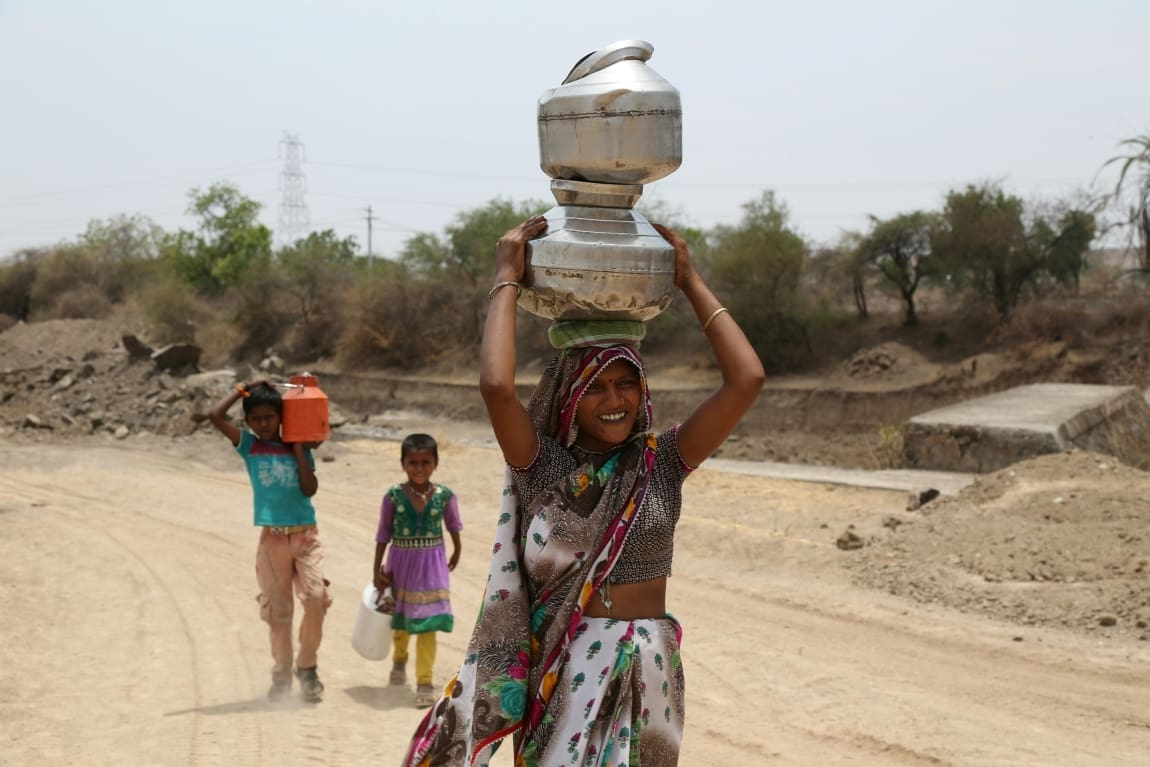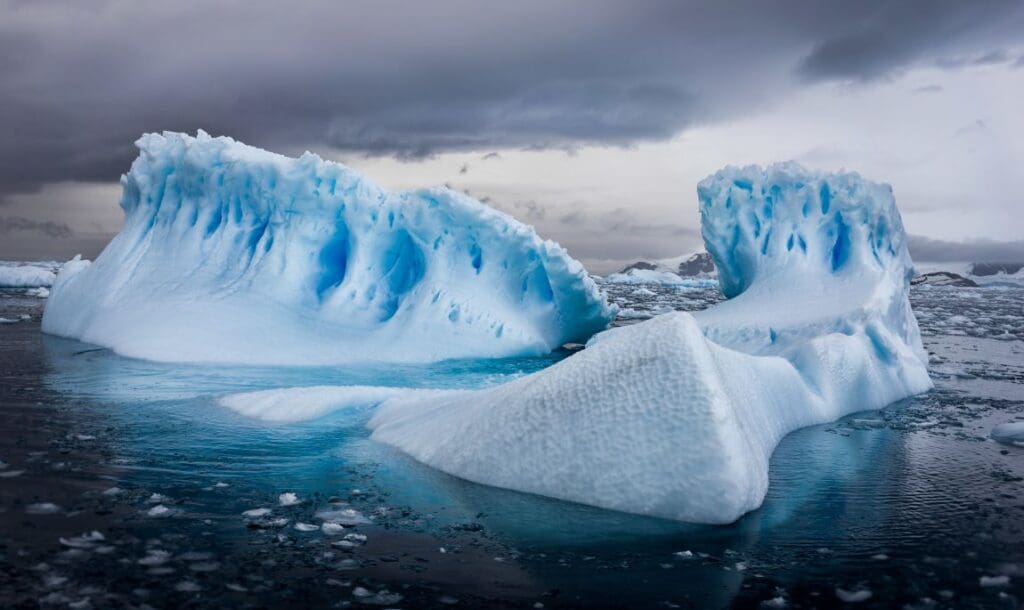Potsdam Institute for Climate Impact Research (PIK) – By 2050, climate change could increase the amount of time women in households without running water spend collecting water by up to 30 percent on global average, according to a new study published in Nature Climate Change.
In regions of South America and Southeast Asia, the time spent collecting water could double due to higher temperatures. A team of scientists from the Potsdam Institute for Climate Impact Research (PIK) estimates the large welfare losses that could result from climate impacts and highlights how women are particularly vulnerable to changing future climate conditions. Worldwide, two billion people currently lack access to safe drinking water. The responsibility for collecting water typically falls on women and girls.
“Climate change leads to rising temperatures and alters rainfall patterns, affecting the availability of water. We show that for women in households without running water, the time spent collecting water will increase in almost all regions analysed under future climate change,” says study author Robert Carr, guest researcher at PIK.
On a global average, for the period from 1990 to 2019, women in households without running water spend 22.84 minutes every day collecting water – ranging from 4 minutes in parts of Indonesia to 110 minutes in regions of Ethiopia. “Compared to these numbers, we found that women will have to spend up to 30 percent more time each day collecting water by 2050 under a high-emission scenario. This can be reduced to 19 percent if global warming is kept below 2 degree Celsius,” says Carr.
“Regionally by 2050, daily water collection times could double under a high-emission scenario, for example, in regions across South America and Southeast Asia. For regions in eastern and central Africa that currently have the longest water collection times, there can be increases of between 20 and 40 percent due to increases in temperature under a high emissions scenario,” says author Maximilian Kotz from PIK.
Globally, women spend up to 200 million hours a day on this vital task (as of 2016), which can lead to major losses of time otherwise used for education, work or leisure and can sometimes be a physical and mental burden.
Cost of lost working time could reach tens to hundreds of millions of US dollars per country and year
Based on historical data from household surveys in 347 subnational regions across four continents from 1990 to 2019, the researchers first assessed how changing climate conditions have impacted water collection times in the past.
“We find that higher temperatures and less rainfall have increased daily water collection times,” says Maximilian Kotz. There are several possible explanations for that, he adds: “From a purely physical perspective, higher temperatures and less rainfall change the balance between evaporation and precipitation, thus lowering water tables. This makes fresh water harder to access. In addition, the journey can also become more uncomfortable and thus take longer due to heat stress.”
Combining the observed patterns with temperature and precipitation projections from state-of-the-art clime models (CMIP-6), the researchers then assessed the impacts of future changes in climate on daily water collection times under different emission scenarios.
“Our results shed light on a gendered dimension of climate change impacts,” states Leonie Wenz, author and Head of PIK research Pgroup ‘Data-based analysis of climate decisions’. “They show how strongly climate change will affect women’s well-being. Due to higher water collection times, they will lose time for education, work and leisure. By 2050, the cost of lost working time alone, calculated at the country-specific minimum wage, would be substantial, reaching tens to hundreds of millions of US dollars per country and year under a high-emission scenario.”
Journal Reference:
Robert Carr, Maximilian Kotz, Peter-Paul Pichler, Helga Weisz, Camille Belmin, Leonie Wenz, ‘Climate change to exacerbate the burden of water collection on women’s welfare globally’, Nature Climate Change (2024). DOI: 10.1038/s41558-024-02037-8
Source: PIK Press Release | Potsdam Institute for Climate Impact Research (PIK)
Featured image credit: Gyan Shahane | Unsplash




